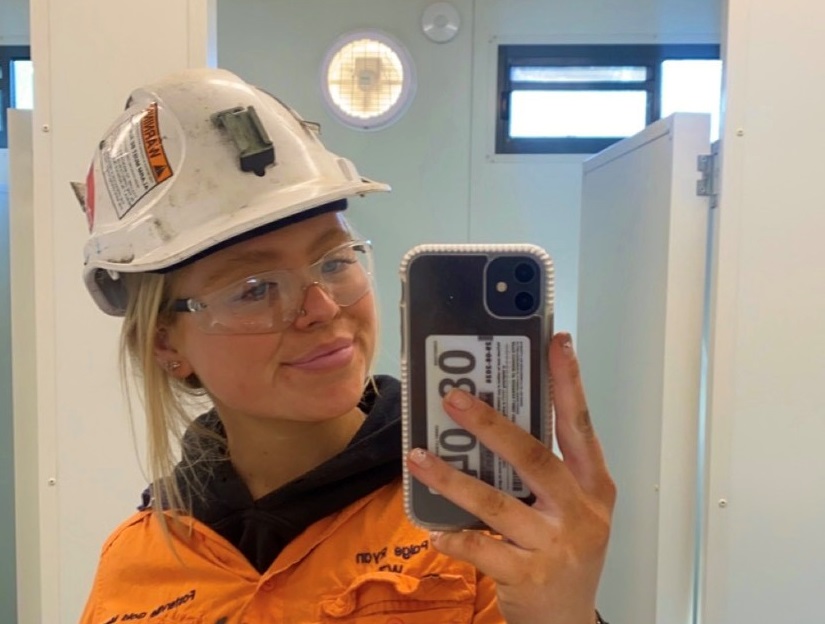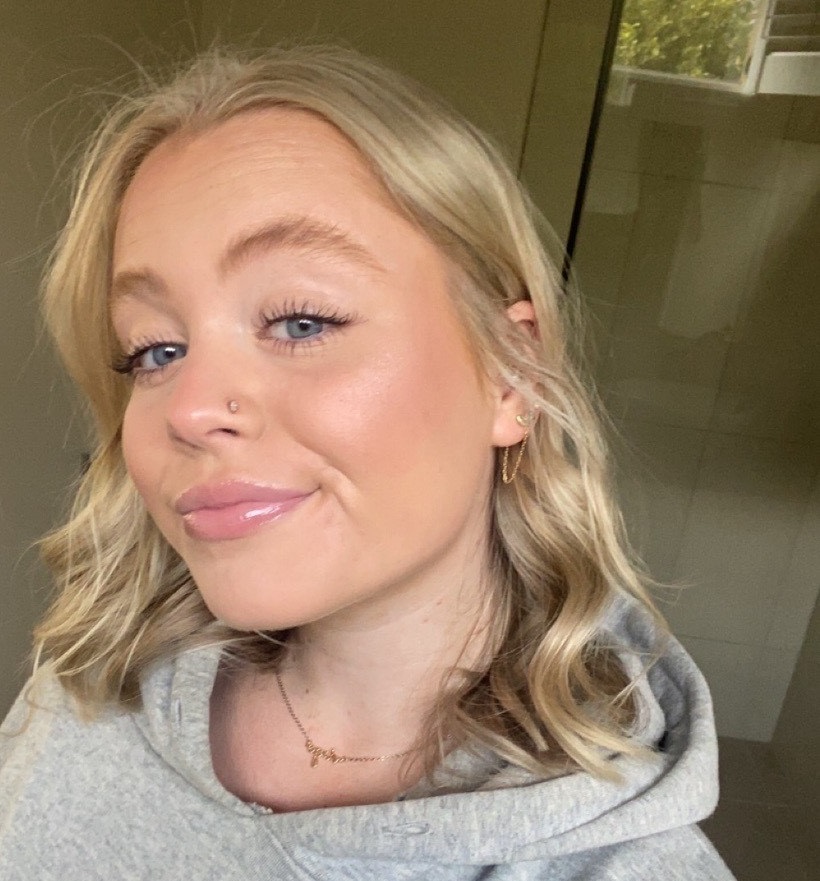“I want people to know that they should speak up, and often, if something is wrong” – Paige’s story

When I was 14 or 15, I had major bowel issues. We originally thought that it was either coeliac disease or that I was lactose intolerant. About once a month, I’d tell the doctor that I had stomach pain, and that something was wrong. They would test the same things over and over again, and nothing would show up. Eventually, they told me it was irritable bowel syndrome and/or anxiety. I was finally diagnosed in March last year. The only reason I received that diagnosis was because I was really sick. I was vomiting, had really bad cramps and was constantly in pain. I was going to the toilet upwards of 15 times a day, and I was losing a massive amount of weight. I was always sleeping, and I had no energy. I lost my whole personality. I’m normally a really bubbly and outgoing person, but I pretty just shut down. At that point, I needed to see a gastroenterologist, and forced the issue. Within a few weeks of having a colonoscopy, CT scans and a biopsy, I was diagnosed with Crohn’s disease, and put on steroids. Even after telling the doctors that I had diverticulitis, bowel cancer, Crohn’s disease and coeliac disease in my family, no one would take me seriously. The more that I speak about it with people who have been diagnosed – especially females – the more stories I hear of people who have experienced a similar situation.
I was definitely relieved to have received the diagnosed, but still now I’m sort of in denial about having a lifelong sickness. But, I’m determined to be really open about my Crohn’s disease, because I want other people to know that it is — and will be — okay. I am different, but no one is going to look at me differently because of this disease. In saying that, there is definitely stigma around IBD, and I want to work to increase recognition of what it is. For instance, there are so many girls in particular who are told that it’s just anxiety, and they go untreated for years and years, until they push themselves to say that something is wrong, and to advocate for themselves. I’ve been accused multiple times of making myself sick, and just wanting attention, when I’ve been bleeding from the other end, and have had bowel obstructions. No one seems to take anything seriously.
Following the diagnosis, I was put on immunosuppressants for about eight months, and I’ve been on steroids, on and off. I recently went on Humira injections, and this is the best I’ve felt in four or five years. I’m constantly having blood tests and am still unwell, but I’m doing a lot better now compared to just three months ago. In terms of my wider support network, my mom and my partner are very supportive. I recently posted on Instagram for Awareness Month, and a girl reached out to me to say that she had it too, and that she’d like to connect with me. Since then, we’ve become really close, as we’ve experienced similar things.

I think being diagnosed and living with IBD has made me appreciate when I’m feeling more well. I’ve definitely missed out on a lot of my prime teen years due to my symptoms, and anxiety around them. For instance, I couldn’t go camping due to a lack of toilet facilities. It definitely does take a toll because you’re constantly worrying about whether people are going make fun of you, or if you’re going to have a panic attack because your stomach is starting to feel sore, and that you can’t go to the toilet. All my friends can go out and do those normal socialising activities but, for instance, due to fatigue, I’m normally in bed by 8-9pm.
I think my key message is that there are more people out there who want to support you than you might realise. No one is judging you. After posting my story on Instagram, I had so many people reach out to me to say I was strong for being so open. I was so scared to post it because of the fear of what people might say, but I’m grateful to have shared my story – as I want more people to know about Crohn’s disease and IBD, and to let them know what we might be going through. It’s not as simple as a tummy ache.
There’s an Endometriosis ad on the radio which highlights that it’s not just normal period pain. I’d love to have a similar campaign around Crohn’s disease, which says that it’s not just a normal belly ache. I want people to know that they should speak up, and often, if something is wrong. At the end of the day, you know your body better than anyone else. It took me so long to try to get that point across to a doctor so they could do something about it.